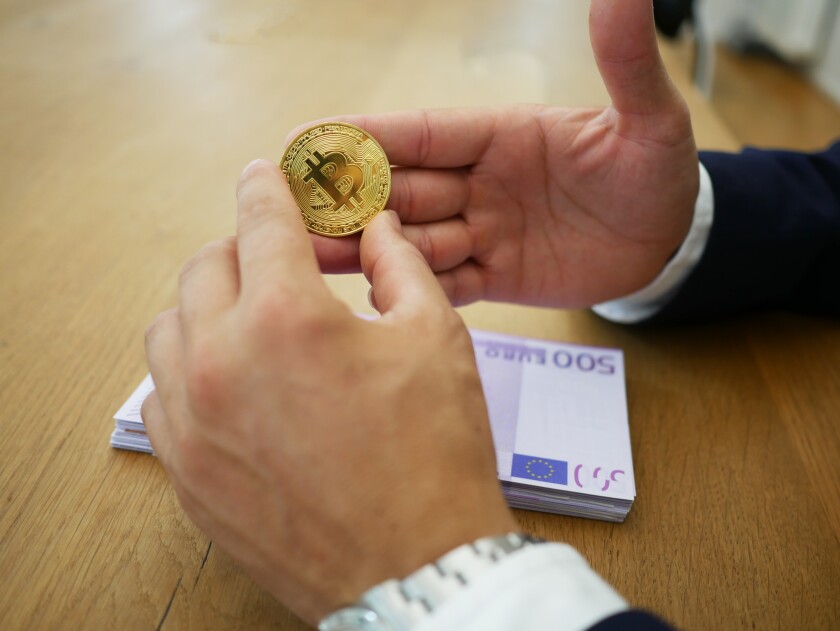On May 16 2023, the Economic and Financial Affairs Council of the EU reached an agreement on adopting the proposal to amend the EU Directive on Administrative Cooperation (DAC), intending to extend the exchange of information regime to cover crypto assets and e‑money (DAC8).
In practice, reporting crypto-asset service providers (RCASPs) (meaning any person whose business is the provision of one or more crypto‑asset services to third parties on a professional basis, and crypto‑asset operators that do not fall under the scope of markets in crypto assets [MiCA] regulation), will be required to carry out due diligence procedures to identify and report transactions of clients residing in the EU to the competent tax authorities. Subsequently this information will be exchanged by the recipient’s member state with the tax authorities of the member state where the reportable client is a tax resident. The information to be exchanged includes identification details of the reportable client, identification details of the RCASP and details of the reportable transaction.
The rules contained in DAC8 are largely consistent and must be considered alongside the OECD’s Crypto-Asset Reporting Framework (CARF), approved by the G20 in November 2022, which aims to provide a global tax transparency framework for the automatic exchange of tax information on crypto-asset transactions. Since the OECD has not yet developed its implementation framework, by agreeing on the DAC8, the EU has moved ahead of the OECD in the implementation of CARF.
Although the proposed amendment constitutes a crucial tax policy tool to fight against tax fraud, tax evasion and tax avoidance within the crypto-assets market, it will not cover all relevant transactions of crypto-assets. This is because DAC8 rules are conceived similarly to DAC2/ Common Reporting Standard (CRS) rules and thus are based on the belief that crypto-asset users rely on CASPs to own or transact crypto-assets.
Consequently, DAC8 rules are unable to tackle the problems that arise with self-hosted crypto wallets (SHCWs) and decentralised crypto exchanges (DCEs). SHCWs, unlike custodial wallets, are wallets where the owner has full control over their private key and, therefore, can transact crypto-assets online without the involvement of an intermediary. DCEs meanwhile are peer‑to‑peer marketplaces where transactions occur directly between crypto‑asset users, without the involvement of a centralised intermediary (i.e., no one exercises control or sufficient influence over the market platform). Therefore, despite DAC8 being an effective mechanism to compel third‑party reporting by centralised institutions involved in trading crypto‑assets, it cannot encompass peer-to-peer transactions.
Although the current percentage of crypto-asset transactions that are conducted peer-to-peer is uncertain, it is very likely that as information reporting becomes more effective under DAC8 rules, trading activity will shift to DCEs as a means of circumventing the referred rules. For this reason, additional approaches to DAC8 should be implemented to mitigate this problem, such as requiring information reporting not only by CASPs but from the miners of the crypto-assets themselves (at least from the ones who have a de facto concentration of decision-making power). EU taxpayers could also be required to report their crypto-assets located in self-hosted wallets, provided they have a significant monetary value.
Although it is commendable that the EU took a forefront role in transposing the CARF and the OECD’s amendments to the CRS, soon it will need to combat the loopholes of DAC8 raised by SHCWs and DCEs, so that tax compliance on crypto-asset income becomes fully realised.












